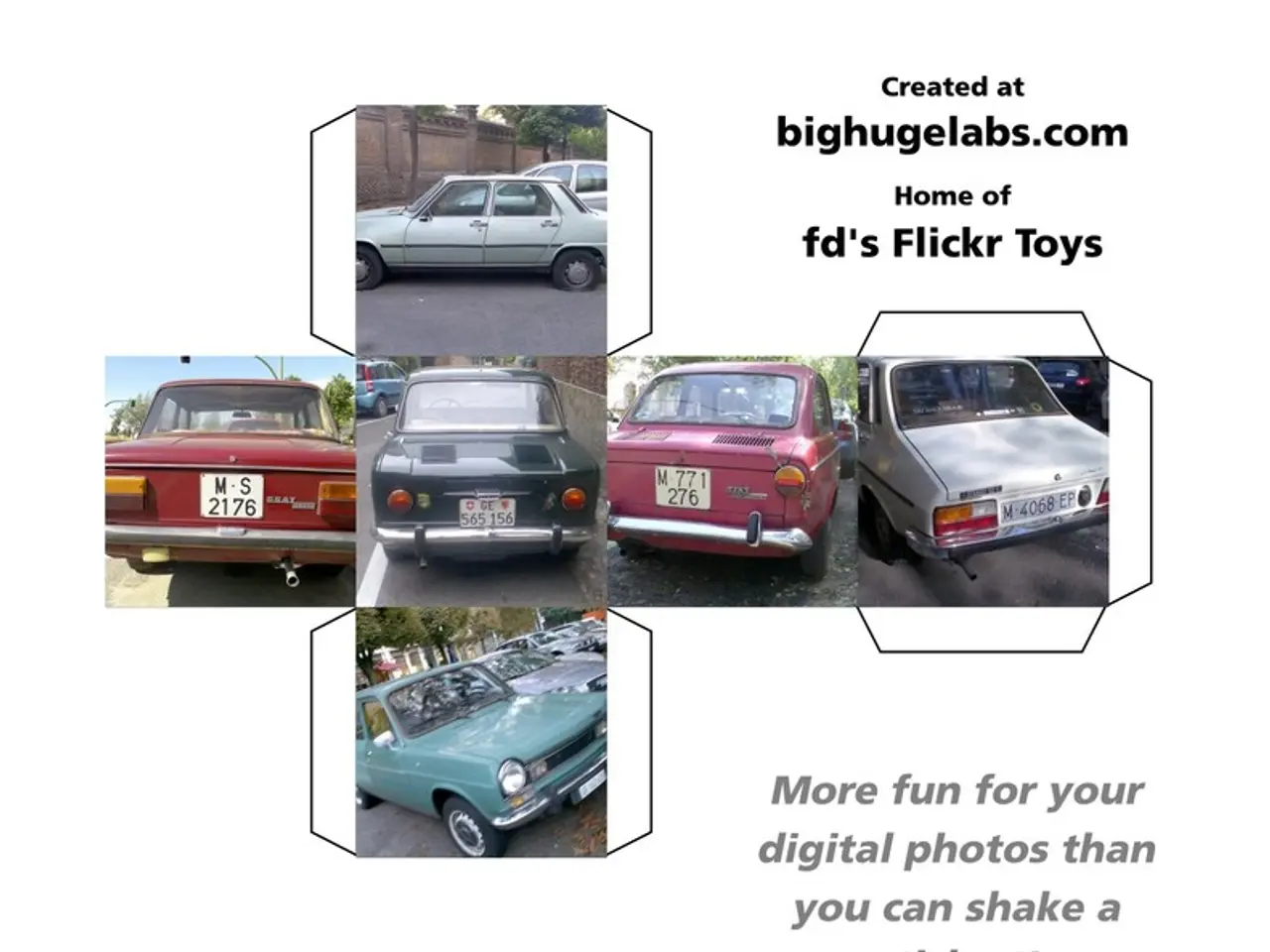Auto Industry Updates: Geotab, Trimble, STMicroelectronics, Soracom, AECC, Cipia, ARM, Seeing Machines, Mitsubishi, HARMAN, Phison, and Sibros in Spotlight for Connected Car Developments
In the rapidly evolving world of automotive technology, 2025 has seen a flurry of groundbreaking collaborations between tech companies and automotive manufacturers, with a clear focus on advanced software platforms, AI integration, and next-gen computing hardware.
One of the most significant partnerships is the strategic alliance between Honda and Renesas, announced in January. The duo aims to develop a high-performance system on a chip (SoC) tailored for Software Defined Vehicles (SDVs). Based on Renesas' fifth-generation R-Car X5 SoC with AI accelerators, the chip targets high AI compute performance (2000 TOPS) and energy efficiency to enable automated driving and vehicle control in Honda’s upcoming electric vehicle series.
Volvo Cars and GlobalLogic are also collaborating to advance scalable digital mobility solutions. This partnership follows Volvo's expansion with Google’s Gemini AI platform integrated into Volvo’s vehicles, enabling real-time situational awareness through integrated sensor arrays and in-house software. GlobalLogic also works with automotive cybersecurity firm PlaxidityX to support secure development environments for SDVs.
Qualcomm, a key player in the connected car market, announced a "Snapdragon Auto Day" event in July to showcase innovations in connected cars. Qualcomm’s connected car technologies include immersive cockpit AI, advanced driver assistance systems (ADAS), and vehicle-to-everything (V2X) communication to ensure safer, smarter mobility globally.
QNX and Vector have signed a memorandum to co-develop a Foundational Vehicle Software Platform designed to simplify software development complexity and accelerate the creation of intelligent, safe vehicles. An early access version will be available later in 2025 for partners to prototype and integrate this platform, which integrates Vector's safe middleware with QNX’s embedded software expertise.
Meanwhile, in the realm of accessibility, Curb, the Centralized Wheelchair Accessible Vehicle (WAV) Taxicab Dispatch Service provider for the City of Chicago, has managed the program since 2020 and achieved a 95% trip completion rate, making it one of the most effective WAV programs in the country. With over 400 participating WAV drivers and nearly 3,000 other drivers in Chicago, the program enhances accessibility and driver income opportunities.
In addition to these collaborations, several companies have introduced innovative solutions to streamline operations and improve safety. For instance, Curb has introduced service improvements such as an automated ride request system and a QR code-based airport voucher system. Mercedes-Benz has introduced the Connected Traffic Warnings feature for its TruckLive service, providing real-time hazard alerts to truck drivers.
The latest developments also highlight the integration of AI-powered SoCs, secure and scalable software platforms, cloud-connected AI mobility solutions, and advanced safety-focused systems aimed at accelerating the evolution of connected, software-defined vehicles within the automotive industry. These partnerships blend semiconductor innovation, software engineering, cloud AI, and cybersecurity for next-generation mobility.
At MWC Barcelona 2025, HARMAN announced strategic partnerships to integrate satellite connectivity and advanced vehicle-to-everything (V2X) driver assistance systems. Utilimaster, a brand of The Shyft Group, has introduced two new work truck solutions, the Utilimaster Trademaster Service Body and the Marketplace Dry Freight Truck. Sibros has announced a strategic partnership with ZO Motors North America to develop a unified data and fleet analytics cloud platform for ZM Trucks' commercial electric vehicles.
In conclusion, the future of connected and software-defined vehicles is promising, with these collaborations paving the way for safer, more efficient, and more accessible mobility solutions. As these technologies continue to evolve, we can expect to see even more innovative solutions that will shape the way we travel in the coming years.
- The strategic alliance between Honda and Renesas focuses on developing a high-performance system on a chip (SoC) for Software Defined Vehicles (SDVs), aiming to enable automated driving and vehicle control in Honda’s upcoming electric vehicle series.
- Volvo Cars and GlobalLogic are collaborating to advance scalable digital mobility solutions, including real-time situational awareness through integrated sensor arrays and in-house software, as well as secure development environments for SDVs.
- Qualcomm’s connected car technologies include immersive cockpit AI, advanced driver assistance systems (ADAS), and vehicle-to-everything (V2X) communication, working towards safer, smarter mobility globally.
- QNX and Vector have co-developed a Foundational Vehicle Software Platform designed to simplify software development complexity and accelerate the creation of intelligent, safe vehicles, integrating Vector's safe middleware with QNX’s embedded software expertise.
- In terms of accessibility, Curb has managed a Wheelchair Accessible Vehicle (WAV) Taxicab Dispatch Service program in Chicago, achieving a 95% trip completion rate and enhancing accessibility and driver income opportunities.




